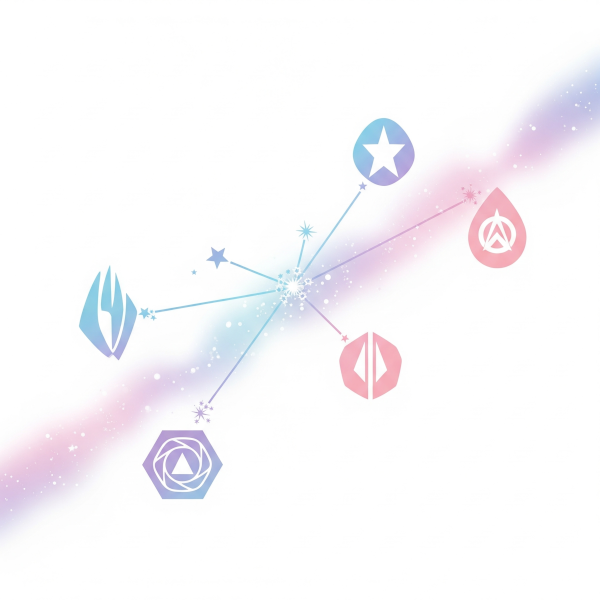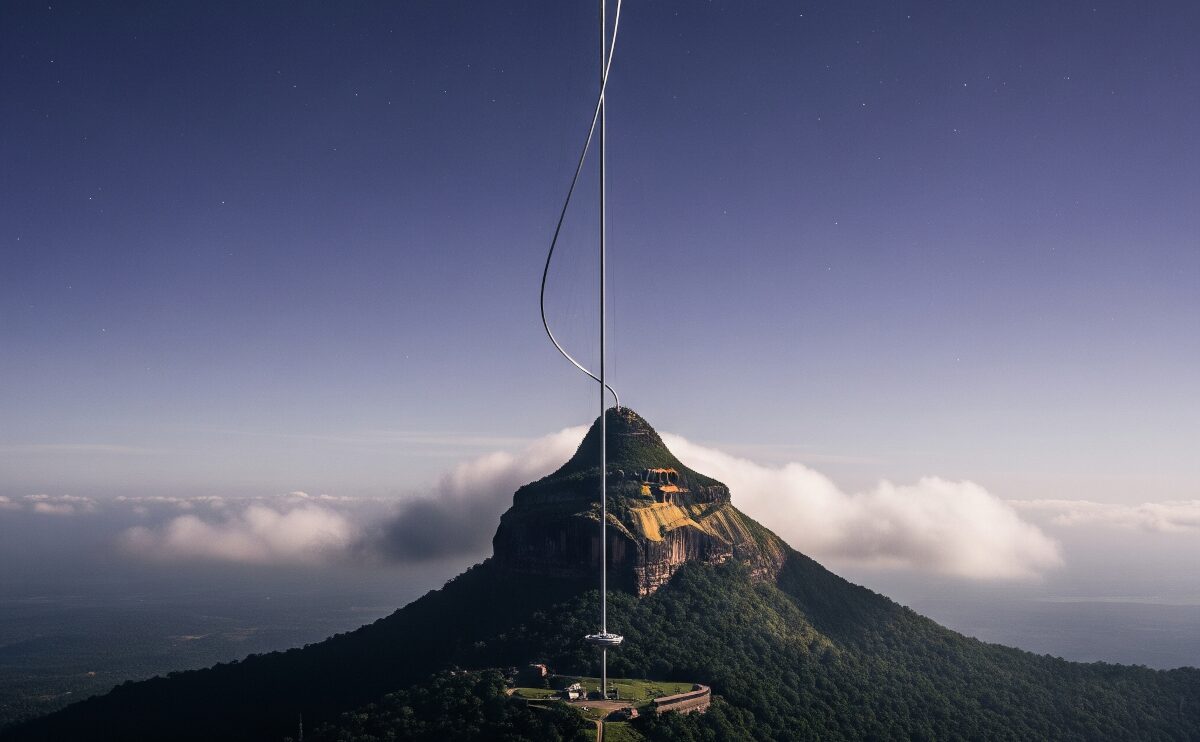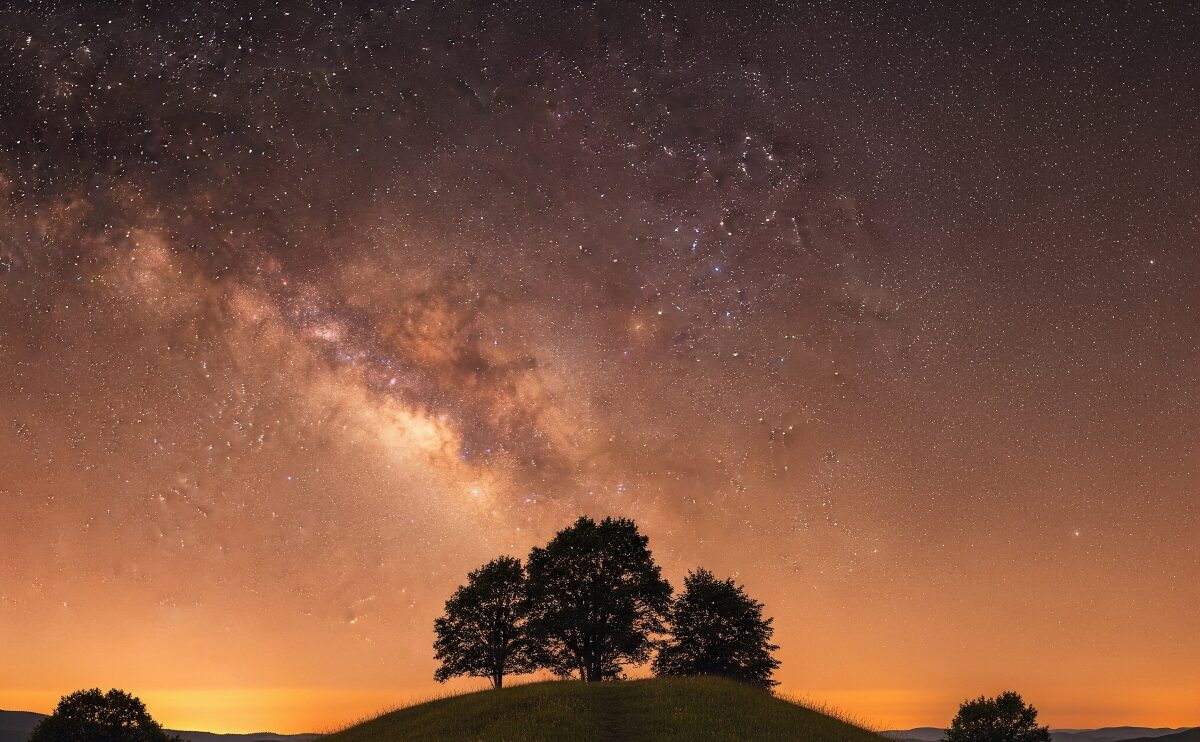SF Literary Awards
No SF, No Life.
Introduction
In the grand tapestry of science fiction literature, certain names gleam brighter than others. The Hugo Award and the Nebula Award, often hailed as the “Double Crown” of the genre, are certainly magnificent accolades, symbolising the pinnacle of achievement for many a gifted writer. However, to truly appreciate the vastness and richness of SF, one must cast their gaze beyond these illustrious two. Believe it or not, there’s a whole constellation of other SF literary awards, each with its own unique criteria and discerning eye, celebrating works that might otherwise go unnoticed by the mainstream. Join me, if you will, as we embark on a delightful exploration of these lesser-known, yet incredibly significant, SF awards that truly illuminate the genre’s remarkable depth.
Section 1: So, What’s the Fuss About These SF Literary Awards, Anyway?
Now, for those of you who might find the idea of SF literary awards a tad… well, niche, allow me to paint a rather whimsical picture. Imagine, if you will, that you’re at a grand cosmic bake-off. The Hugo and Nebula are the equivalent of winning “Best Galaxy-Sized Sponge Cake” and “Most Technically Proficient Star-Shaped Scone,” respectively. Absolutely splendid achievements, no doubt!
But then, tucked away in a charming little tent, you discover awards for “Most Heart-Warming Martian Muffin,” or “Boldest Use of Antimatter in a Shortbread.” These are the other SF literary awards – the ones that celebrate the sheer diversity and ingenuity bubbling away in the genre’s less spotlighted corners. They serve as a vital beacon, guiding readers towards authors who might be innovating quietly, or exploring themes that don’t always fit into the usual mould. Ultimately, these awards aren’t just about handing out shiny trophies; they’re about nurturing the very soul of science fiction, ensuring it remains vibrant, innovative, and endlessly fascinating for generations to come.
Locus Award 2010-2025
- 2010 Boneshaker Cherie Priest
- 2011 Blackout/All Clear Connie Willis
- 2012 Embassytown China Miéville
- 2013 Redshirts John Scalzi
- 2014 Abaddon’s Gate James S. A. Corey
- 2015 Ancillary Sword Ann Leckie
- 2016 Ancillary Mercy Ann Leckie
- 2017 Death’s End Liu Cixin
- 2018 The Collapsing Empire John Scalzi
- 2019 The Calculating Stars Mary Robinette Kowal
- 2020 The City in the Middle of the Night Charlie Jane Anders
- 2021 Network Effect Martha Wells
- 2022 A Desolation Called Peace Arkady Martine
- 2023 The Kaiju Preservation Society John Scalzi
- 2024 System Collapse Martha Wells
- 2025 The Man Who Saw Seconds Alexander Boldizar
Section 2: A Colder Look: Why Chasing the Crown Can Kill Innovation
“Oh, another award? How utterly charming. One does wonder if perhaps these writers wouldn’t be better served focusing on, say, delivering a truly revolutionary plot, rather than vying for more shelf space for their little statues.” I can almost hear the cynical whisper from across the boardroom table. And, in a rather stark, unvarnished way, there’s a grain of truth in that, isn’t there?
The pursuit of any award, particularly a highly coveted one, can, rather ironically, stifle the very creativity it aims to honour. Think of it like this: a truly brilliant engineer, given free rein, might design a revolutionary new engine. But if their every move is dictated by a management fixated on winning the “Most Cost-Efficient Widget” award from last quarter, they’ll simply churn out more widgets. The spark of genius, that audacious leap into the unknown, is often dulled by the relentless pressure to conform to established benchmarks.
In the world of SF literary awards, this can manifest as writers unconsciously (or consciously) tailoring their work to fit the perceived tastes of a particular award committee or readership, rather than boldly pushing the boundaries of what SF can be. The danger, you see, isn’t in the awards themselves, but in the myopic focus on a select few. If the industry prioritises a narrow definition of “excellence,” if publishers push for stories that merely replicate past successes, then the unique voices and truly groundbreaking ideas – the ones that might not win the immediate “Double Crown” but could reshape the entire genre – risk being drowned out. A business that only rewards replication will find its well of true innovation runs dry. And frankly, darling, that’s a rather bleak future, isn’t it?
Philip K. Dick Award 2025
- Brenda Peynado Time’s Agent
- Adrian Tchaikovsky Alien Clay
- Tara Campbell City of Dancing Gargoyles
- Bora Chung Your Utopia: Stories
- Sofia Samatar The Practice, the Horizon, and the Chain
- Subodhana Wijeyeratne Triangulum

Section 3: Delving Deeper: The Unsung Heroes of SF Awards
Having mused upon the potential pitfalls, let’s now return to the truly delightful aspect: the sheer richness of SF literary awards beyond the Hugo and Nebula. For the devoted reader or aspiring writer, these often-overlooked accolades offer invaluable insights into the genre’s vast landscape and celebrate the diverse voices within it.
Take, for instance, the Locus Award. Voted on by the readers of Locus magazine, this award serves as an excellent barometer for what’s truly resonating with the SF and fantasy readership. It often highlights works that achieve both critical acclaim and popular success, making it a wonderful guide for discovering a wide range of engaging novels.
Then there’s the World Fantasy Award, which, as its name suggests, encompasses more than just science fiction, extending its embrace to the broader realms of fantasy, horror, and magical realism. This award often champions works with profound literary merit, beautiful prose, and intricate world-building, rewarding stories that might not strictly adhere to traditional SF tropes but possess undeniable imaginative power.
For those with a penchant for the more experimental, the Philip K. Dick Award is a true gem. Specifically recognising original science fiction paperbacks published in the United States, it often celebrates works that are challenging, philosophical, or push the boundaries of the genre in thought-provoking ways, frequently leaning into cyberpunk or dystopian themes. And let’s not forget the Shirley Jackson Award, which spotlights psychological suspense, horror, and the dark fantastic – areas that often intertwine with the speculative.
Beyond these, there are also significant national and international awards that broaden the scope even further. The Arthur C. Clarke Award, for instance, is a prestigious British award for the best science fiction novel published in the UK. And across the Channel, awards like France’s Prix Utopiales celebrate excellent speculative fiction, often introducing readers to works from different linguistic and cultural traditions.
These awards aren’t just mere lists of “bests.” They are a crucial part of the ecosystem, ensuring that the SF literary awards landscape remains dynamic, inclusive, and truly representative of the boundless creativity that defines science fiction. For the discerning reader, exploring these lists is akin to uncovering hidden treasures, offering fresh perspectives and expanding one’s appreciation for the genre’s astonishing breadth.
World Fantasy Awards 2023
- Peter Crowther 2023 Life Achievement
- John Douglas 2023 Life Achievement
- C.S.E. Cooney 2023 Novel Saint Death’s Daughter
- Priya Sharma 2023 Novella Pomegranates
- Tananarive Due 2023 Short Fiction “Incident at Bear Creek Lodge”
- Sheree Renee Thomas 2023 Anthology Africa Risen: A New Era of Speculative Fiction
- Oghenechovwe Donald Ekpeki 2023 Anthology Africa Risen: A New Era of Speculative Fiction
- Zelda Knight 2023 Anthology Africa Risen: A New Era of Speculative Fiction
- Tim Lebbon 2023 Collection All Nightmare Long
- Kinuko Y. Craft 2023 Artist
- Matt Ottley 2023 Special – Pro The Tree of Ecstasy and Unbearable Sadness
- Michael Kelly 2023 Special – Non-Pro “Undertow Publications, editing”
Major Works: A Constellation of Brilliant Reads
Here are just a few examples of truly stellar works that have been honoured by these remarkable SF literary awards, proving that literary excellence thrives well beyond the “Double Crown”:
- Locus Award Winners:
- Ursula K. Le Guin’s The Dispossessed: A profound philosophical work exploring anarchism and capitalism across two vastly different planets, a truly thought-provoking read that also clinched the Nebula and Hugo! (Sometimes, a masterpiece truly is for everyone!)
- Octavia E. Butler’s Kindred: A groundbreaking novel that masterfully blends science fiction with historical fiction to explore the complexities of race and slavery.
- World Fantasy Award Winners:
- Neil Gaiman’s American Gods: A modern classic that weaves together ancient mythologies with contemporary American life, full of dark humour and profound insights.
- Catherynne M. Valente’s Palimpsest: A beautifully written and exquisitely strange novel about a city that exists only through dreams, showcasing the pinnacle of fantastical imagination.
- Philip K. Dick Award Winners:
- Jeff VanderMeer’s Annihilation: The first book in the Southern Reach Trilogy, a haunting and mysterious ecological thriller that defies easy categorisation.
- Nisi Shawl’s Everfair: An alternate history novel exploring a utopian steampunk society in turn-of-the-century Congo, offering a fresh and compelling vision.
- Shirley Jackson Award Winners/Nominees:
- Victor LaValle’s The Changeling: A dark fairytale for adults set in New York, blending horror, fantasy, and social commentary.
- Gillian Flynn’s Gone Girl: While a nominee for the Shirley Jackson Award in 2013, its deep psychological suspense and chilling exploration of human nature resonate powerfully with the award’s focus.
These titles are but a tiny glimpse into the magnificent array of stories that have enriched the SF literary awards landscape. Each offers a unique journey, inviting you to explore new worlds, ponder profound questions, and perhaps, just perhaps, discover your next favourite book.
Conclusion: No SF, No Life.
While the Hugo and Nebula awards rightly command respect and attention, it would be a rather grave mistake to limit one’s exploration of science fiction solely to their hallowed halls. The other SF literary awards we’ve discussed—from the expansive Locus to the thought-provoking Philip K. Dick, and the wonderfully diverse World Fantasy, Shirley Jackson, and international awards—are not mere consolation prizes. Far from it. They are vital signposts, guiding us to the genre’s hidden depths and celebrating the audacious spirits who continue to push its boundaries.
These awards, in their collective wisdom, ensure that the vibrant tapestry of science fiction remains rich and varied, offering a seemingly infinite number of stories to discover, to provoke, and to delight. By venturing beyond the well-trodden paths, by embracing the multitude of voices and visions that these SF literary awards champion, you aren’t just expanding your reading list; you’re expanding your universe. So, go on, take a chance on a title you’ve never heard of, from an award you might not know. I promise you, the journey will be well worth it.
Related Articles
-
SF Novel Masterpiece Collection: Ascend to Paradise with Clarke’s Vision

Clarke’s Space Elevator: Dive into Arthur C. Clarke’s “The Fountains of Paradise,” exploring its award-winning vision of future space travel.
-
Inner Voice Journey: Unveiling Truth

Inner Voice Journey: Discover your authentic self by trusting unseen wisdom. Embrace personal growth and find truth in mindful living.





Leave a Reply